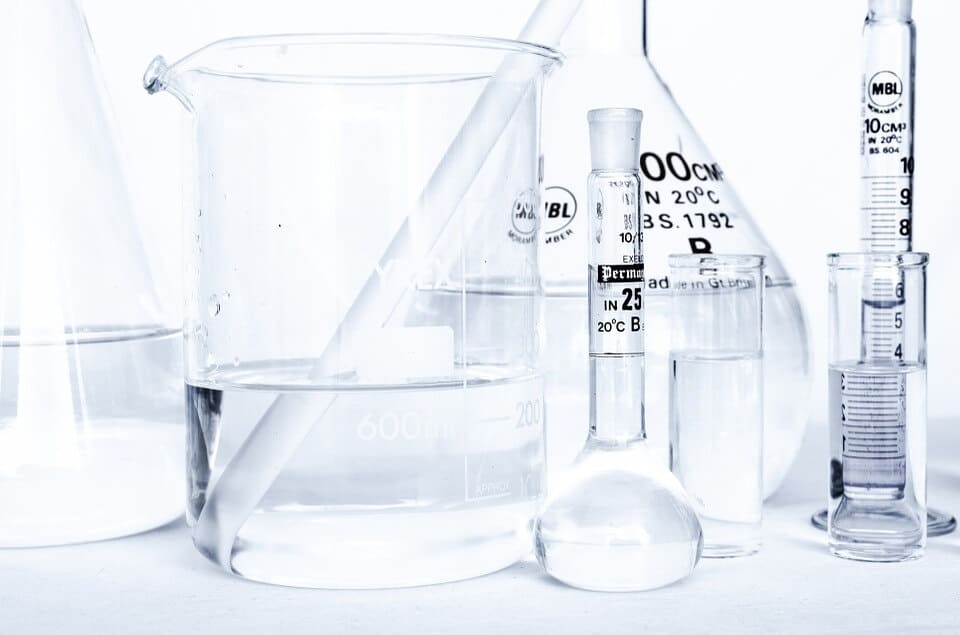The University of Newcastle is undergoing a research and development project to discover new ways in detecting carbon monoxide (CO) poisoning. Currently projects are being conducted which develop techniques that demonstrate the specific effects of CO on cells and tissues.
The R&D project is funded by the Gas Safety Trust (GST) and the research will predominantly focus around how changes in the cells (biomarkers) can occur.
The biomarkers will act to show both the level of CO exposure and the toxic effects of CO, while also being robust and long lasting for practical use by medical professionals.
Approximately 30 people die in England and Wales every year from CO poisoning, 200 people are admitted to hospital and around 4,000 are treated for CO poisoning. In addition, it is also highly likely that some low-level CO poisoning cases are misdiagnosed for common colds and flu, as symptoms are very similar.
Chair members of GST are pleased to fund this research by Newcastle University as it will help to spot cases of carbon monoxide poisoning, reduce the amounts of incidents and help inform the government and industry about the scale of the issue.
The research will also provide preliminary information on possible blood protein biomarkers which might indicate carbon monoxide poisoning and the stability of these protein markers when it is no longer present. The use of blood derived biomarkers will provide a basis for future clinical investigations into carbon monoxide poisoning.
The Government strongly supports R&D investment and is offering significant R&D tax relief incentives. If you believe your company may be eligible for an R&D Tax Relief, contact a Swanson Reed R&D Tax Advisor today for an assessment. We look forward to speaking with you.






